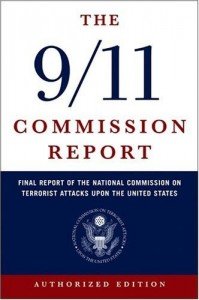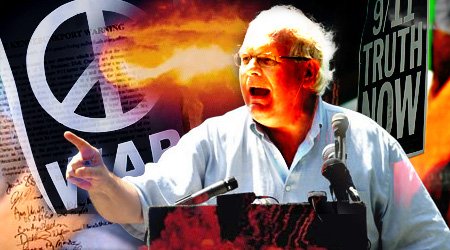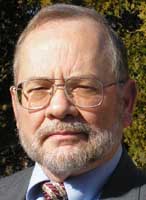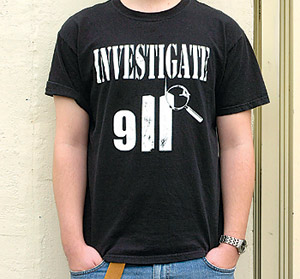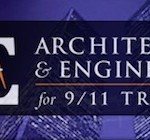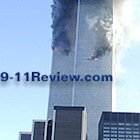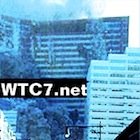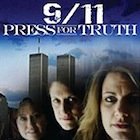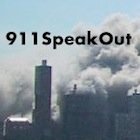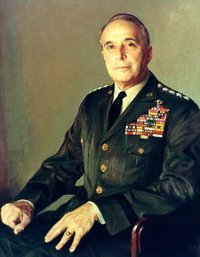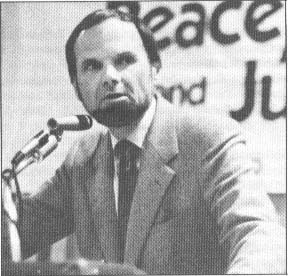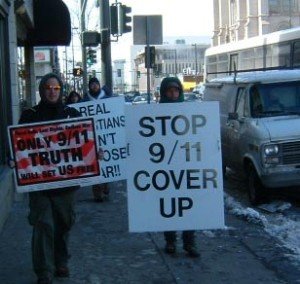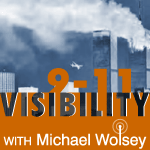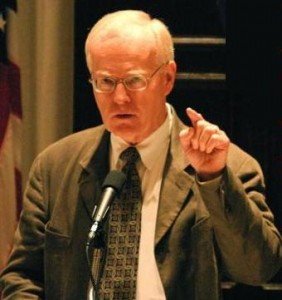From the History Commons Groups blog:
Many new entries have been added to the Complete 9/11 Timeline at History Commons, covering a range of topics relating to the terrorist attacks of September 11, 2001.
Contradictory Orders over Whether People Should Evacuate the WTC
Numerous entries examine the conflicting orders and announcements that were made, regarding whether people should evacuate or stay in the World Trade Center after the first plane hit the North Tower.
After the crash, George Tabeek, a WTC security manager, contacted the deputy fire safety directors in the Twin Towers with instructions to “evacuate the North Tower, but keep people inside the South Tower.” But around the same time, some people in the North Tower heard an automated announcement advising them to stay in their offices.

The deputy fire safety director in the North Tower tried telling people to evacuate, but without success, as the public address system in his building was damaged by the plane’s impact. He was contacted by his counterpart in the South Tower, who said he would wait to hear from “the boss from the fire department” before ordering people to evacuate his building. However, an announcement then went out over the public address system in the South Tower advising workers to stay in their offices. Furthermore, Port Authority officials in the South Tower instructed people who were evacuating, in person, to go back to their offices.
Fire chiefs in the North Tower were telling other agencies to evacuate the South Tower by about 8:57 a.m., six minutes before Flight 175 hit it. Furthermore, an officer with the Port Authority Police Department (PAPD) actually called for the evacuation of the top floors of the North Tower over his radio just three minutes after the plane hit it. And at around 9:00 a.m., senior PAPD officers called for the evacuation of both towers and then the entire WTC complex. However, the PAPD officers’ orders were apparently not passed on.
Finally, at 9:02 a.m., a minute before Flight 175 hit, an announcement was made in the South Tower, advising workers to start evacuating.
Movies that Predicted 9/11
New timeline entries describe TV dramas and movies that were in production in September 2001, which featured storylines with surprising similarities to aspects of what happened on September 11. Many of these productions were canceled or rewritten as a result of the 9/11 attacks.
Nosebleed was a movie that would have featured Jackie Chan as a window washer who tries to stop terrorists who are plotting to blow up the WTC. A scene for the movie was going to be filmed at the top of the North Tower on the morning of 9/11, but the filming was canceled. Till Death Do Us Part, a film starring Michael Douglas and Billy Crystal, was based around terrorists targeting New York and would have included a key scene at the WTC.
The movie WW3.com would have featured cyber-terrorists causing a Boeing 767 to crash into New York’s Central Park. A 20th Century Fox movie called Deadline would have involved terrorists hijacking a commercial aircraft. And filming was originally set to begin around three weeks after 9/11 for a big-budget TV movie about a jumbo jet crash, where investigators consider the possibility that Osama bin Laden caused the crash.
TV Dramas that Predicted 9/11
A big-budget TV miniseries called Terror would have been based around al-Qaeda committing a series of terrorist attacks in New York. A group from NBC was actually near the WTC on the morning of September 11, doing preparatory work for the miniseries. And writer/producer Bryce Zabel was working on a miniseries called World War III, about a terrorist attack in the US that leads to a global conflict.
The Agency, a CBS series about the CIA, featured several notable storylines that were written before 9/11. One storyline, which was never used, involved Osama bin Laden having three American planes hijacked. The show’s pilot episode, which was originally set to air in late September 2001, involved al-Qaeda plotting to blow up a department store in London. Another episode featured a planned terrorist attack in Washington, DC, using anthrax, and was originally set to be broadcast at the time of the actual anthrax attacks in the US.
Other Day of 9/11 and Pre-9/11 Events
A few new entries describe additional events from the day of 9/11. One entry describes how, unusually, air traffic controllers failed to contact United Airlines that morning about the hijackings. Later in the morning, the FAA’s Cleveland Center–which had the last contact with Flight 93 before it crashed–received several bomb threats. Around the same time, the center was evacuated in response to a report of a suspicious aircraft flying above it.
Other entries look at various events from the years and weeks preceding 9/11. One entry summarizes the gradual reduction in the number of fighter jets kept on “alert” to defend US airspace between the 1950s and the time of the 9/11 attacks. Another entry describes how, around 1969 or 1970, an Army Ranger in officer training envisioned a 9/11-like scenario of a suicide pilot crashing a plane into the US Capitol building.
Early in 2001, an entry reveals, President Bush instructed Joe Hagin, his deputy chief of staff for operations, to fix White House communications after having problems making a phone call, but the issue was not resolved by 9/11. Around the same time, White House staffers were prohibited from using BlackBerrys, but these devices turned out to be invaluable on September 11, when many people had problems making phone calls.
A major exercise is described that was held at an Army base near the Pentagon five days before 9/11, attended by numerous agencies that would subsequently work together in response to the attack on the Pentagon on September 11.
An entry reveals that George Tabeek was discussing his concerns about an aircraft crashing into the Twin Towers in the two weeks before September 11. Tabeek has recalled that around that time, he received no warnings from US Customs or the Secret Service about possible terrorist threats to the WTC. Fortunately, the Port Authority’s command center in the North Tower was upgraded to make it more secure shortly before 9/11, and this helped save the lives of the people in the center on September 11.
Please consider donating to History Commons, to help it continue as a leading informational source for the 21st century. To make a donation, click here.
